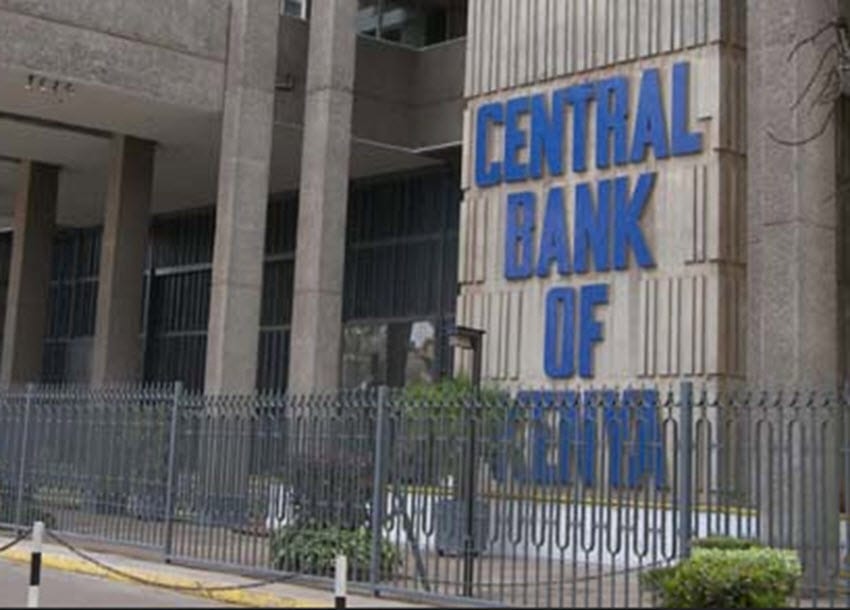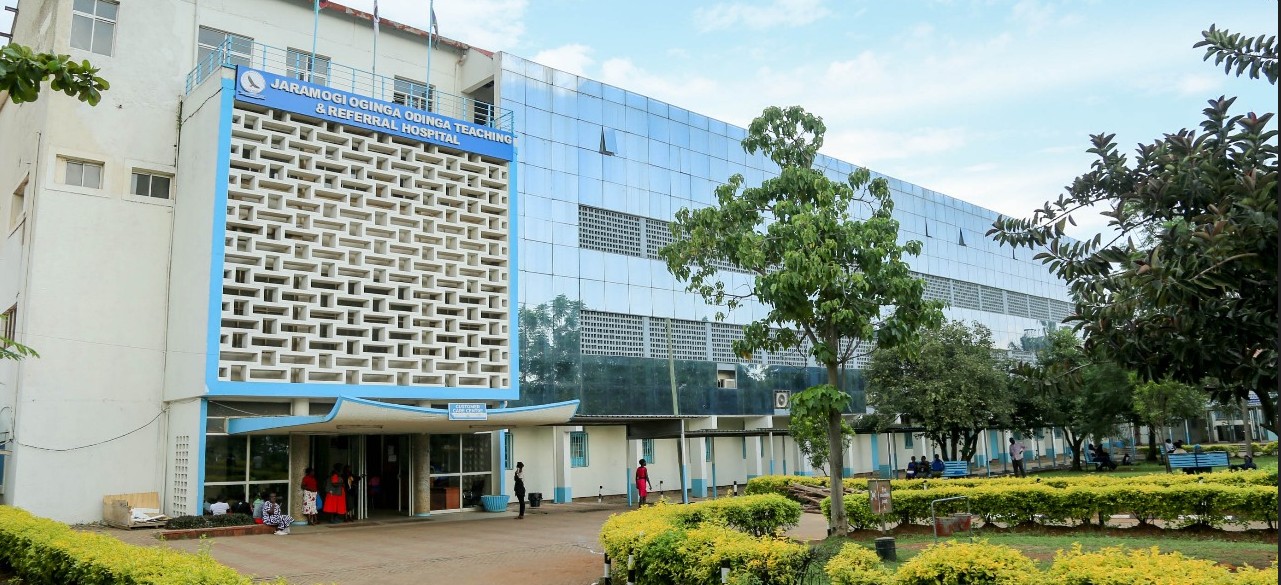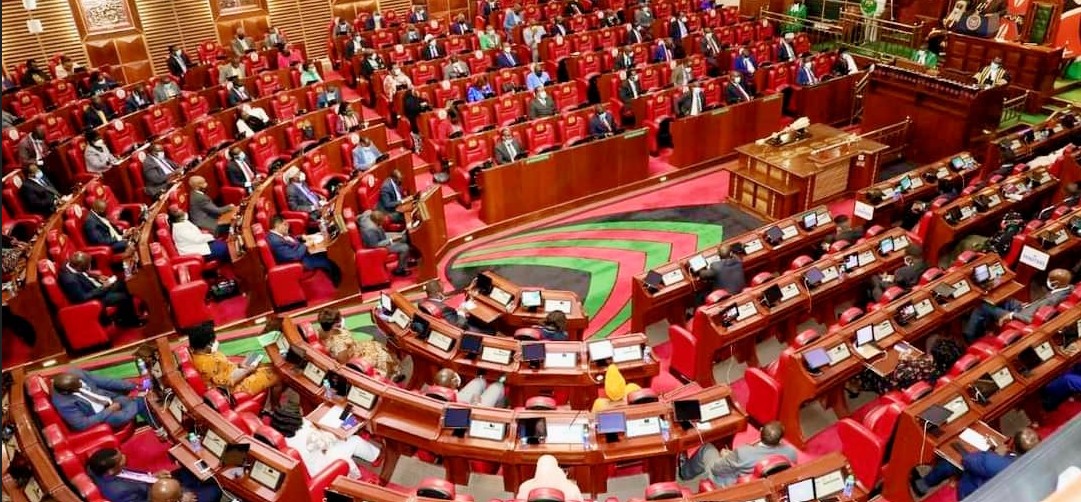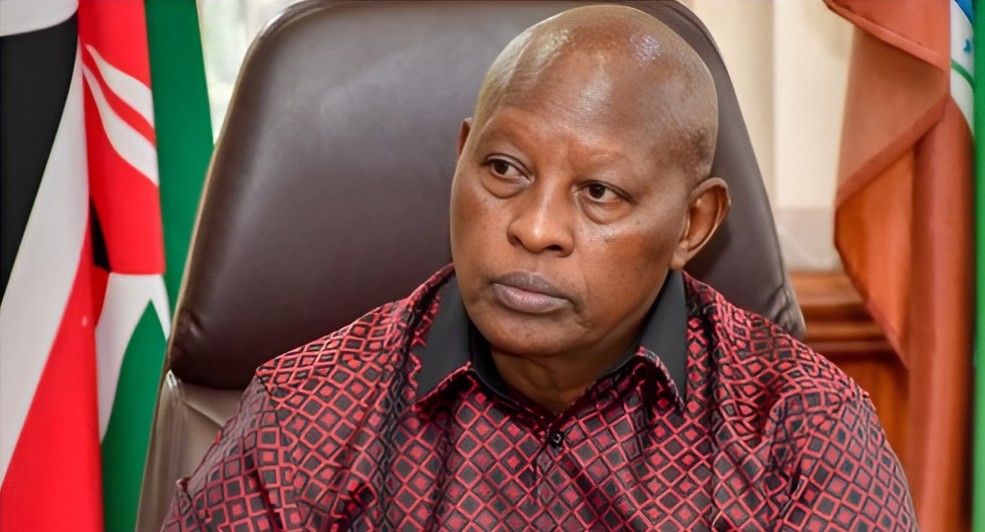Kenyans ditch bank cards in favour of cash and mobile payments - report

The CBK has supported this shift by granting approvals to Safaricom, Telkom Kenya, and Airtel Kenya to raise daily transaction and account limits.
Kenyans have ditched bank cards when paying for goods and services, a report by the Central Bank of Kenya (CBK) shows.
According to the report, Kenyans are increasingly using cash and mobile money platforms for transactions, leading to a significant decline in the use of credit and debit cards.
More To Read
- Why farmers are not taking up loans for scaling up- experts
- Auditor General flags CBK for hiring unqualified managers, ignoring HR Policies
- CBK under fire for withholding Sh3 billion in upfront agency fees, auditor-general says practice breaches law
- IMF revises Kenya’s 2025 growth forecast upward to 4.8 per cent
- Kenya’s economic activity set for strong year-end boost, says CBK
- Treasury rolls out new plan to expand financial inclusion in Northern Kenya
The report notes that the value of card transactions dropped to Sh465.4 billion in the first ten months of 2024, down from Sh533.4 billion in the same period last year, marking the lowest point in six years.
This follows a similar decline in previous years, with the value falling from Sh588.1 billion in 2022 and Sh625.15 billion in 2021.
In contrast, mobile money transactions have surged, hitting an all-time high of Sh7.2 trillion in the same period, up from Sh6.45 trillion in 2023.
The report also highlights that the number of registered mobile accounts has also increased, rising to 81 million in October 2024 from 76 million the previous year, signalling growing consumer preference for mobile platforms.
The CBK has supported this shift by granting approvals to Safaricom, Telkom Kenya, and Airtel Kenya to raise daily transaction and account limits, especially benefiting micro, small, and medium enterprises (MSMEs) that had been constrained by previous restrictions.
Despite the tough economic conditions, many consumers have turned to mobile platforms to avoid higher charges associated with traditional banking.
According to the latest FinAccess Household survey, only 1.5 per cent of respondents use point-of-sale or card-swapping machines, while 45.7 per cent use mobile banking apps and 38.2 per cent rely on USSD banking.
"52.6 per cent of Kenyans now use mobile money daily, more than doubling from 23.6 per cent in 2021, indicating increased digitalisation of payments," the CBK said in the FinAccess report.
"Urban members show higher adoption rates of digital payment options such as pay bill services, with usage at 28.5 per cent compared to 14.3 per cent in rural areas. Interestingly, female members prefer this channel more strongly than male members, potentially due to its simplicity and accessibility."
The government's support for mobile payments, particularly in the wake of the Covid-19 pandemic, has helped boost tax revenue collection.
While charges on mobile transactions were reduced during the pandemic and later reinstated in January 2023 at lower rates, the growing use of mobile money continues to reshape the country's payment landscape.
Top Stories Today














































